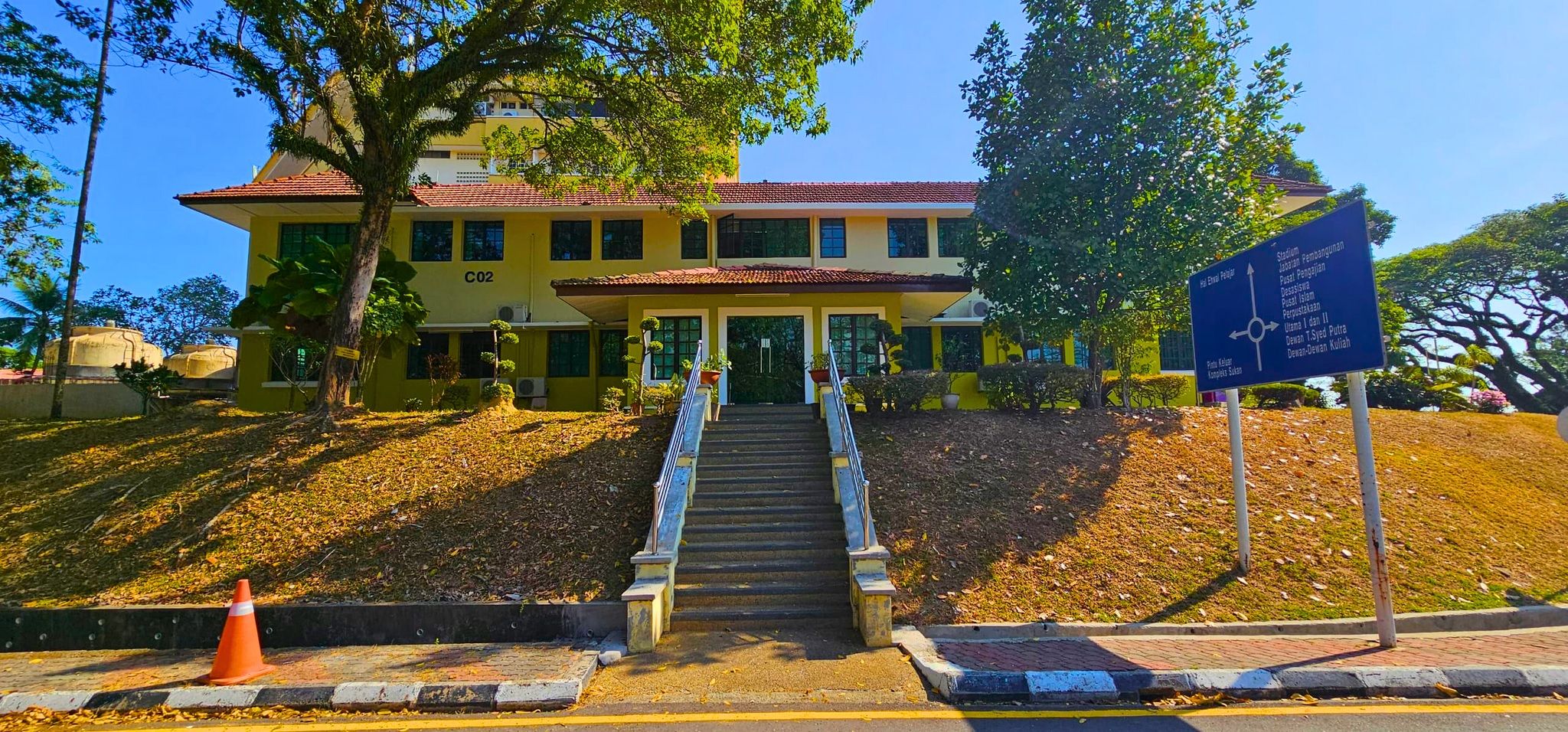
Hello everyone! Thank you for visiting KANITA’s website. As a person who can be said to have professionally grown with KANITA, I would like to encourage you to get to know us and our work better by exploring this website and by contacting us if you have further queries about us and what we do.As you may have gauged from the section on our history, KANITA started as a research project by a group of committed female and male researchers in Universiti Sains Malaysia (USM) who understood the significance of making deeper exploration into the difference in experiences of poverty amongst and between women and men. Although poverty was something that had already been prioritised as a research area thathad policy implications at the time, as with many traditional social research, gender was not acategory that was well analysed in these inquiries. This research by KANITA’s pioneer spearheaded more serious efforts into establishing a unit and a centre that seeks tounderstand how gender play important roles in understanding and analysing social norms and practices especially those norms and practices that impact on effort to achieve social justice
Background and History
Centre for Research on Women and Gender(KANITA) is the first centre of its kind in Malaysia, pioneering a field that was little known and marginalised in the country’s academe. KANITA is also responsible for charting the earliest history of feminist research and advocacy in Universiti Sains Malaysia (USM). Beginning with the establishment of a UNICEF funded research cluster on women, children and poverty in 1978, through which it gained the acronym KANITA (representing the combined Malay words for women and children) and evolving into what is today a centre of excellence within the university, KANITA reflects more than thirty years of critical thinking in the development of theoretical and methodological tools and policy strategies that aim at equalising and mainstreaming gender in education and nation building. The years of experience have provided KANITA with a solid foundation for women’s and gender studies programmes. The experience has also given rise to a new kind of academic culture that is enriched through multi- and interdisciplinary interactions with generic disciplines of social sciences, humanities, management, communication, education, medical sciences, health sciences and pharmaceutical sciences. Through fundamental, applied and policy research, innovations in training, publication and networking both nationally and globally, KANITA has brought new meaning to the process of engendering knowledge, thus, bringing feminist and gender perspectives to the forefront of academic thinking. KANITA achieved its current status as an autonomous research centre within the university on 17 April 2001. The endorsement by the University Senate of KANITA’s position demonstrates USM’s commitment to lead in the exploration of new thinking and knowledge that considers gender as an important analytical framework for theory and research. It also reflects converging efforts and dedication of academic members from various disciplines towards championing gender equality, equity and justice in the society, both theoretically and in practice.